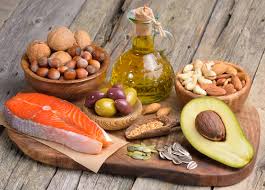As we age, our bodies become less efficient at using nutrients. This means that we need to be more careful about the foods we eat to maintain good health and prevent chronic diseases. Several key nutritional needs for older adults include:
- Protein: Adequate protein intake is crucial for maintaining muscle mass and strength, which naturally declines with age. This is particularly important for older adults to prevent frailty and maintain independence.
- Vitamin D: Vitamin D plays a vital role in calcium absorption, bone health, and immune function. Older adults may have difficulty synthesizing vitamin D from sunlight due to decreased sun exposure.
- Vitamin B12: Vitamin B12 is essential for nerve function and red blood cell production. Older adults may have difficulty absorbing vitamin B12 from food due to changes in stomach acid production.
We can improve our overall health by focusing on eating a balanced diet that includes plenty of fruits, vegetables and whole grains as well as choosing nutrient-dense foods, such as lean protein sources, low-fat dairy products, and fortified foods. Additionally, staying hydrated is important for overall health and can help prevent dehydration, which is common in older adults.
By addressing these specific nutritional needs, older adults can improve their overall health, maintain their independence, and reduce their risk of chronic diseases.
And, don’t miss this nutrition information session that discusses balanced meals:


